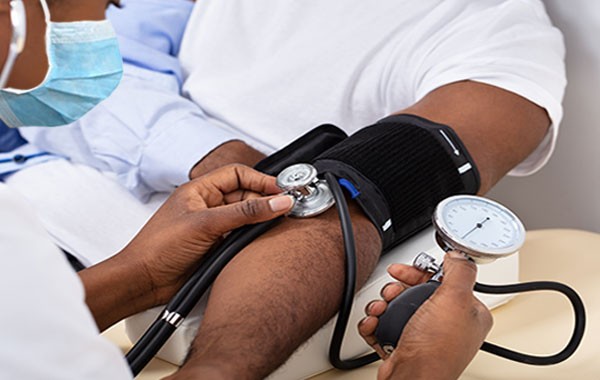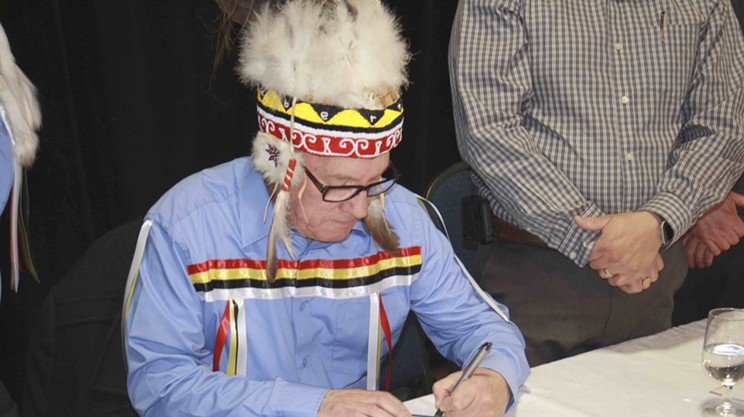The Nova Scotia government has started a community-based working group to begin collecting race-based data in the province’s healthcare system. This comes after researchers and members of the public applied pressure on the government to start collecting health data by race.
"We know that race is one of the factors that affects people's access to care. Collecting this data will help us better understand what Nova Scotia's diverse populations need to be healthy," said premier Iain Rankin when announcing the working group earlier this month. "Communities have asked for this, and we will continue to work with them to address barriers and promote equity in health care."
The province says the Primary Reference Working Group, alongside representatives from several racialized communities in Nova Scotia, will help lead community consultations in the coming months and develop a community-based approach to supporting data collection.
In the US, we know that 41 percent of Black people have high blood pressure, compared to just 27 percent of white folks. There are no such stats in Canada, but Jones-Wilson says high blood pressure and diabetes are more common in Black communities. She says when community groups get together, sometimes the conversation turns to health problems, and the group realizes the same issues are effecting everyone in the room or are present in their family history. "It’s about five or six of those diseases that were in every Black community here in Nova Scotia," says Jones-Wilson.
Sharon Davis-Murdoch, co-president and founding member of HAAC, is one of the members of the Primary Reference Working Group. She says ownership of the collected data and how it is used is important: “It is good that it is being done with us and not on us. And those key areas must be discussed with communities, listened to what communities have to say about it, how this is going to all pan out and where we’re going to end up has everything to do with community engagement and community voices.” She adds that there are many communities of African descent living in the province, and a one-size-fits-all approach will not work.
David Haase, a retired infectious diseases and internal medicine specialist and a member of HAAC, is glad the province is moving forward on race-based health data collection. "It’s been a long time coming and we’re just very happy that we’re at this point in time, so this is great."




